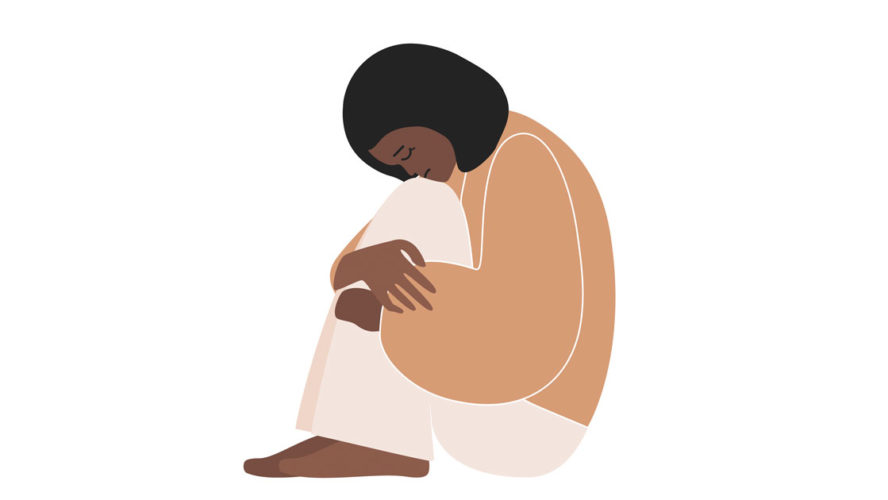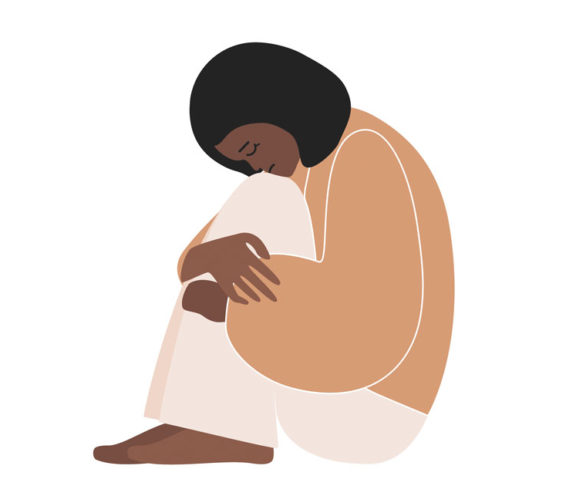“Normalization of pain” in women can cause significant delays in various diagnoses, including endometriosis, not to mention years of unnecessary physical and psychological health issues.

Dan Martin, M.D.
Scientific and Medical Director, Endometriosis Foundation of America (EndoFound)
I have been studying endometriosis since 1970, but it wasn’t until just over a decade ago when I first heard the term “normalization of pain.”
Normalization of pain is the idea that all women have pain, and therefore, their pain is usually normal. It is a primary cause for significant delays in diagnosing and treating endometriosis and, ultimately, years of physical and psychological health issues in women of childbearing age.
Endometriosis is when endometrial-like tissue grows outside of the uterus, potentially causing debilitating pain and complications to vital organs. The pain is normalized when women assume or are told that it’s a normal part of menstruation. Several people contribute to that attitude, including parents, siblings, romantic partners, friends, teachers, coaches, and even physicians.
A woman may experience dysmenorrhea (pain during menstruation) for reasons that have nothing to do with endometriosis. It could be a pregnancy complication, kidney stones, bowel issues, or an infectious disease. Most can be diagnosed within a few days, but endometriosis as a potential cause moves up the list when the lack of a diagnosis continues. Endometriosis can be initially treated with nonsteroidal drugs or birth control pills. If there is an inadequate response, surgery is indicated.
When the pain is normalized, a woman will not have a follow-up protocol with her physician. The doctor will tell her to come back “as needed,” which she may not do as the pain increases because she is too afraid of being told again that it’s simply part of being a woman. With inadequate follow-up, endometriosis and pain can progress for years. But if endometriosis is part of the conversation from the start, tests can be run frequently, depending on the severity of the pain, to determine when to change medication and when to do excision surgery.
While education about endometriosis is improving, especially among doctors, we still have a long way to go. The more endometriosis becomes a household word, the less chance of a woman’s pain being normalized and the faster she can receive the proper treatment.

